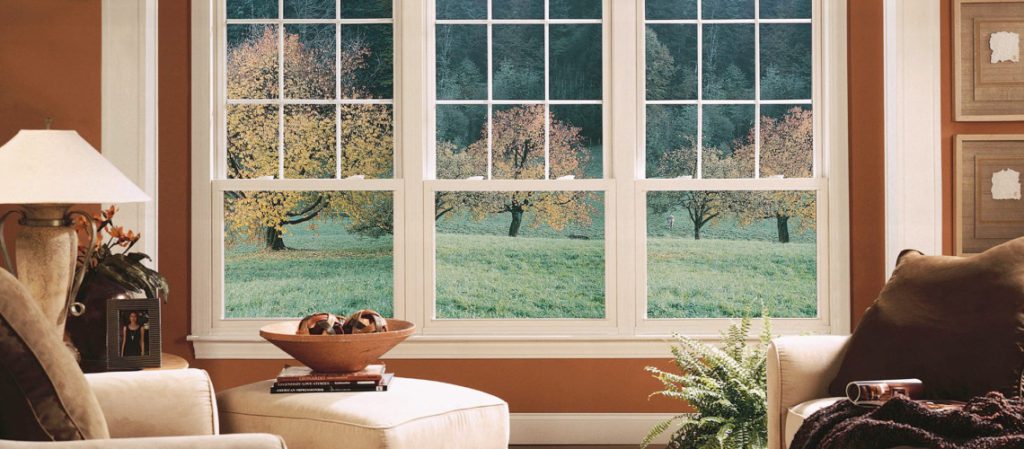Temperature and Control
Temperatures fluctuate throughout the day. In addition, each person in the home might have a different temperature preference in terms of what brings the most comfort. The ability to efficiently manage and control indoor temperatures rests with the thermostat that controls your HVAC system.
Modern programmable thermostats offer more effective control over the operation of your heating and cooling systems. You will be able to program your thermostat based on sleep and wake schedules, and based on whether or not persons are home. This will reduce energy waste and ensure greater comfort levels at all times.
A zoning system provides even better options as individual systems and thermostats allow you to provide preferred heating or cooling to specific areas or zones. This is ideal for rooms that need more air conditioning, for example, those that receive a lot of sunlight or are on upper floors; or simply to satisfy persons who have different needs or preferences.
Humidity Level
High humidity levels interfere with indoor comfort. When humidity is high, the air will feel warm and thick, and can make you feel miserable and uncomfortable. During the hot months, your air conditioner can help you to manage humidity. You can also invest in a dehumidifier to help to improve air quality. If there is not enough moisture, a humidifier will help so that air in your home doesn’t feel dry and uncomfortable.
Indoor Air Quality
The air in most homes is contaminated by particulates such as dust, fibers, pollen, mold and other material. To minimize contaminants, change the HVAC system’s air filter regularly to improve indoor air quality. If necessary, install an additional air filtration or purification system to provide an additional level of air cleaning.

